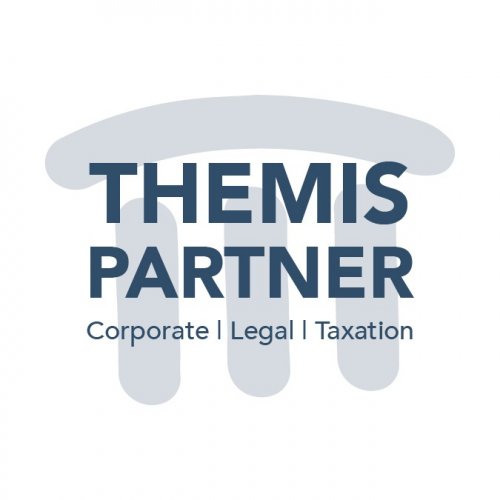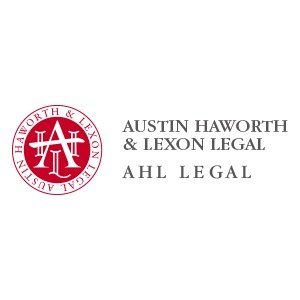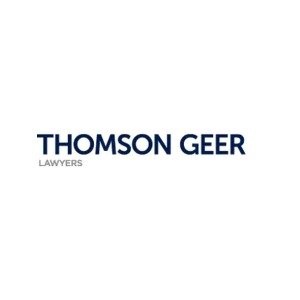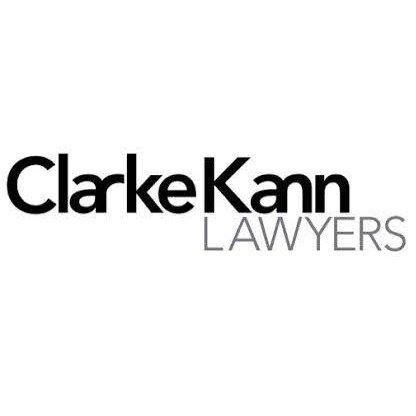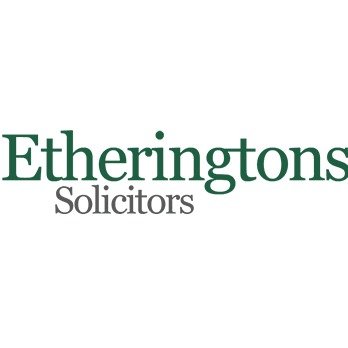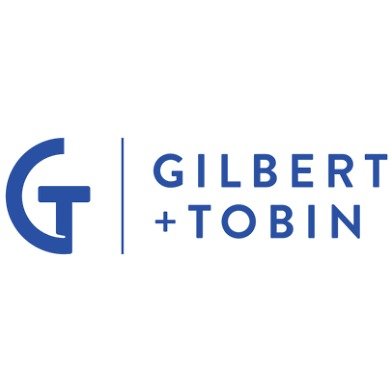Best Government Relations & Lobbying Lawyers in Sydney
Share your needs with us, get contacted by law firms.
Free. Takes 2 min.
List of the best lawyers in Sydney, Australia
About Government Relations & Lobbying Law in Sydney, Australia
Government Relations & Lobbying in Sydney, Australia, is a complex field that involves engaging with government officials and agencies to influence legislation, regulations, and public policy. Lobbyists represent various interests, including corporations, non-profits, and even individuals, aiming to promote, protect, or change public policies and legislation. Sydney, as the capital city of New South Wales (NSW) and one of the primary economic hubs in Australia, sees significant lobbying activities focused on affecting both state and local government decisions.
The practice is regulated to ensure transparency and fairness in governmental decision-making, thereby preventing undue influence and corruption. Individuals and organizations lobbying in Sydney must comply with regulations that require registration, reporting of activities and financial disclosures.
Why You May Need a Lawyer
Seeking legal assistance in government relations and lobbying can be crucial in various situations:
- Compliance Issues: Understanding and complying with the complex regulations governing lobbying activities.
- Strategic Advice: Developing effective strategies for engaging with governmental bodies and officials.
- Ethical Considerations: Ensuring that lobbying efforts adhere to ethical standards and reporting obligations.
- Conflict Resolution: Navigating disputes or legal challenges that may arise from lobbying activities.
- Drafting and Negotiating Agreements: Assisting in preparing contracts or agreements related to lobbying activities.
Local Laws Overview
Sydney, as part of NSW, adheres to a specific regulatory framework governing lobbying activities:
- Lobbyist Code of Conduct: Enforces ethical standards and obligations for professional lobbyists, including registration and disclosure requirements.
- Lobbyist Register: Maintained by the NSW Electoral Commission, where lobbyists must register and provide details of their activities and clients.
- Disclosure Requirements: Lobbyists are obliged to publicly disclose their lobbying activities and financial expenditures associated with influencing governmental decisions.
- Legislation and Policy: Engaging with legislation such as the Government Sector Employment Act 2013 and other relevant state regulations.
Frequently Asked Questions
What is lobbying?
Lobbying involves communication with government officials or policymakers to influence public policy, legislation, or decision-making in favor of a specific interest or cause.
Who needs to register as a lobbyist in Sydney?
Professional lobbyists, generally third-party organizations or individuals engaged in lobbying activities on behalf of a client, must register with the NSW Electoral Commission.
What kind of information must lobbyists disclose?
Lobbyists must disclose their client list, the nature of lobbying activities, and any financial transactions related to these activities to ensure transparency.
Are there restrictions on lobbying certain officials?
Yes, there are often restrictions on lobbying certain public officials, focusing on limiting undue influence and preventing conflicts of interest.
How do I know if my activities qualify as lobbying?
If you are engaging in acts to influence governmental policy or decision-making on behalf of an interest or organization, it may be considered lobbying.
What are the penalties for non-compliance with lobbying regulations?
Non-compliance can result in fines, deregistration, or reputational damage, alongside potential legal challenges.
How often do lobbyists need to update their registration details?
Registration details must be updated regularly, especially when there is a change in clients or the nature of lobbying activities.
Is ethical lobbying achievable?
Ethical lobbying is achievable by adhering to the code of conduct, ensuring transparency, and maintaining integrity in communications with government bodies.
What are the financial disclosure obligations?
Lobbyists need to disclose expenditures made in the course of their lobbying activities, ensuring compliance with financial transparency requirements.
Can non-profit organizations engage in lobbying?
Yes, non-profit organizations can engage in lobbying activities; however, they must comply with the same registration and disclosure requirements as other entities.
Additional Resources
For further assistance and guidance, consider reaching out to the following resources:
- NSW Electoral Commission: Provides information on lobbyist registration and compliance requirements.
- Australian Government Department of Finance: Offers insights into financial regulations and disclosures relating to lobbying.
- Law Society of New South Wales: Offers legal referral services to connect individuals with expert lawyers in government relations and lobbying.
- The Australia Institute: A think tank providing research and insights on lobbying and public policy.
Next Steps
If you believe you need legal assistance in government relations & lobbying, consider the following steps:
- Identify Your Needs: Clearly outline the nature of your lobbying activities and the specific legal questions or issues you have.
- Consult a Legal Expert: Reach out to a lawyer specializing in government relations and lobbying to discuss your situation and explore potential legal strategies.
- Prepare Documentation: Gather all relevant documents, disclosures, and communications related to your lobbying efforts to assist your legal counsel in providing tailored advice.
- Comply with Regulations: Ensure you follow all registration and disclosure obligations, with the guidance of your legal advisor, to maintain compliance with local laws.
Lawzana helps you find the best lawyers and law firms in Sydney through a curated and pre-screened list of qualified legal professionals. Our platform offers rankings and detailed profiles of attorneys and law firms, allowing you to compare based on practice areas, including Government Relations & Lobbying, experience, and client feedback.
Each profile includes a description of the firm's areas of practice, client reviews, team members and partners, year of establishment, spoken languages, office locations, contact information, social media presence, and any published articles or resources. Most firms on our platform speak English and are experienced in both local and international legal matters.
Get a quote from top-rated law firms in Sydney, Australia — quickly, securely, and without unnecessary hassle.
Disclaimer:
The information provided on this page is for general informational purposes only and does not constitute legal advice. While we strive to ensure the accuracy and relevance of the content, legal information may change over time, and interpretations of the law can vary. You should always consult with a qualified legal professional for advice specific to your situation.
We disclaim all liability for actions taken or not taken based on the content of this page. If you believe any information is incorrect or outdated, please contact us, and we will review and update it where appropriate.



